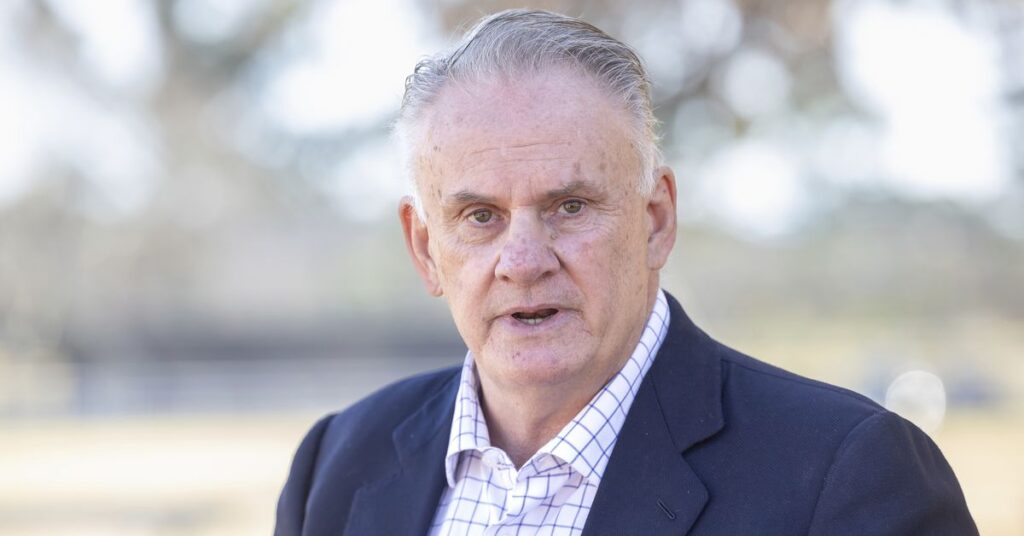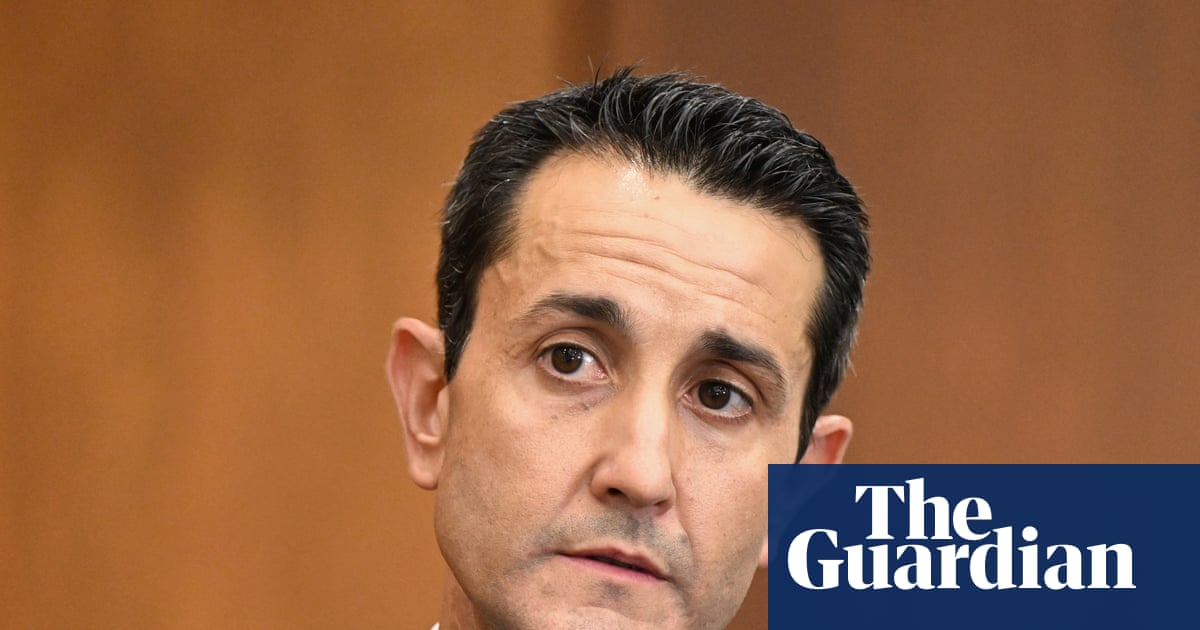
A controversial politician’s “abusive obsession” with a fellow MP has exposed him to ongoing hatred and ridicule, a tribunal has been told. New South Wales independent MP Alex Greenwich continued his legal fight against former federal Labor leader Mark Latham today, having sued him for homosexual vilification and workplace harassment.
The case centers on a sexually explicit tweet that the Federal Court previously ruled as defamatory, alongside subsequent media appearances made by Latham, who currently serves as an independent in the state parliament. This development follows a tumultuous period marked by public confrontations and legal disputes.
Background of the Legal Battle
The controversy began with a tweet in which Latham described Greenwich in derogatory terms, which Greenwich claims has led to a barrage of abuse directed at him and his office. In a passionate address to the NSW Civil and Administrative Tribunal, Greenwich stated, “(He has) an abusive obsession with me, it began with that tweet and it has not stopped.”
Greenwich further expressed that he had never been so “diminished, demeaned, dehumanised” in his political career, highlighting the personal impact of the attack. He noted that while he has faced homophobic abuse in the past, this incident was unprecedented in its severity.
Impact on the LGBTQI Community
Greenwich, a vocal advocate for the LGBTQI community, has been a target of homophobic rhetoric before, but he emphasized that Latham’s actions were particularly egregious. His lawyer, Prue Bindon, argued that recent tweets from Latham have subjected Greenwich to “further hatred and ridicule from members of the public.”
The online altercation between the two politicians followed violent protests outside a church in Sydney’s southwest, where Latham was giving a pre-election speech in March 2023. About 250 mostly male counter-protesters violently attacked police and 15 LGBTQI protesters who had gathered outside the church.
Legal and Political Ramifications
Greenwich’s legal battle against Latham has already resulted in a $140,000 damages award from a Federal Court suit in 2024. The suit was filed over the explicit tweet sent days after the state election, which Latham claimed was in response to Greenwich describing him as a “disgusting human being.”
During the tribunal hearing, Latham repeatedly interjected from the public gallery, prompting a sharp warning from senior tribunal member Mandy Tibbey. Latham’s conduct has been under scrutiny, with previous scandals including taking unauthorized photos of women MPs.
“No court or tribunal should be used for restricting the legal, authentic freedom of speech of an elected member of parliament,” Latham wrote during the hearing, defending his postings as true.
Broader Implications for Political Discourse
The case highlights ongoing tensions in political discourse, particularly concerning freedom of speech and the responsibilities of public figures. Latham’s recent attempt to have Australia’s oldest parliamentary chamber officially censure him was unsuccessful, as the coalition opposition, the Greens, and minor party MPs voted to adjourn the motion until October.
Experts suggest that this case could set a precedent for how social media interactions between politicians are regulated and the extent to which they can be held accountable for their online conduct. The tribunal’s decision may influence future cases involving defamatory statements and vilification.
Looking Ahead
The tribunal’s ruling will be closely watched by political analysts and the public alike, as it could have significant implications for the boundaries of acceptable political discourse. Meanwhile, Greenwich continues to advocate for the LGBTQI community, using his platform to address issues of vilification and harassment.
As the case unfolds, it serves as a reminder of the power and responsibility that come with public office, and the potential consequences of crossing the line in political rhetoric. The tribunal’s decision is expected to be announced in the coming weeks, potentially reshaping the landscape of political interactions in Australia.







